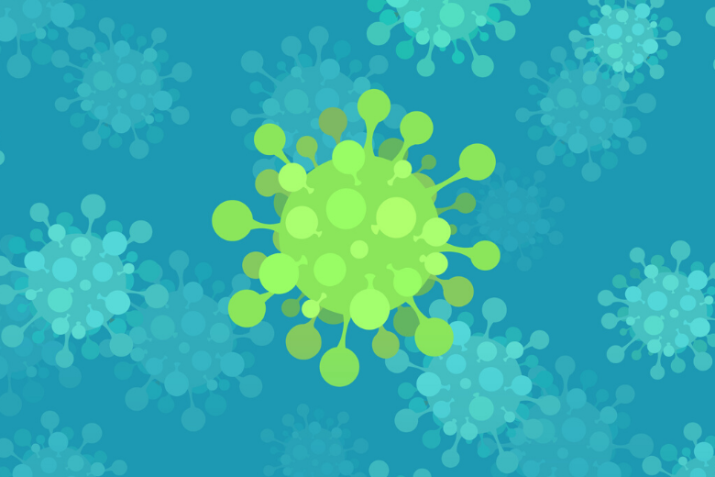As scientists around the globe continue to unravel the mysteries of COVID-19, the novel-coronavirus-linked illness that first surfaced in Wuhan, China, late last year, the public discourse about it has been escalating.
Duke faculty from a range of disciplines have been fielding non-stop inquiries from local, national, and international media outlets over the past couple of months. Here, we’re sharing the most recent interviews, articles, podcasts and commentaries featuring DGHI experts, and hope they'll help you stay well-informed. The Duke community can also visit Duke's "Coronavirus Response" page for regular updates from the university.
JONATHAN QUICK
Jonathan Quick, adjunct professor of global health at DGHI, and the author of The End of Epidemics: The Looming Threat to Humanity and How to Stop It, wrote an op-ed for The Wall Street Journal about what we can learn from the 1918 influenza, the 20th century’s deadliest pandemic. Quick, was also interviewed for NPR's “Living on Earth” podcast last week (the March 6 episode) and was a guest on Erin Burnett’s CNN show. Quick was also interviewed by The Guardian, Fortune and the BBC.
GREGORY GRAY
Emerging infectious disease expert Gregory Gray, professor of medicine, global health, and environmental health, told CBS News that this virus, known as SARS-CoV2, "is pretty infectious — meaning it has a high basic reproduction number — and virtually 100% of people are susceptible.” And he discussed how warm weather might affect infection rates. He spoke with Fortune about whether or not epidemics ever really go away. He was also interviewed on camera by The Straits Times about the importance of identifying and stopping viruses in animals before they spread to humans. The South China Morning Post asked Gray for his thoughts on why some “recovered” people can test positive for coronavirus again.
GAVIN YAMEY, WENHUI MAO AND CPIGH
Wenhui Mao, a policy associate at DGHI’s Center for Policy Impact in Global Health (CPIGH), commented on France24 TV about how leadership in different countries are managing border closings and travel policies. Gavin Yamey, professor of the practice of global health and public policy, and the director of CPIGH, also spoke with France24 about how patients in countries with weaker healthcare infrastructures are more at risk than those living near high-quality healthcare. Time ran an op-ed by Yamey titled "Why Coronavirus Testing Should Be Free For All Americans." He was also interviewed by Quartz and the BBC.
Additionally, Yamey and colleagues at CPIGH worked with WHO's Global Preparedness Monitoring Board to develop a statement calling for a scaled-up global response to COVID-19.
LINFA WANG, MIKE MERSON AND DANIELLE ANDERSON, DUKE-NUS
Duke-NUS’ Linfa Wang, Mike Merson and Danielle Anderson co-authored a commentary for The Lancet, called “From Hendra to Wuhan: what has been learned in responding to emerging zoonotic viruses.” They write about the importance of sharing scientific information, especially early on, and the crucial and central roles scientists and clinicians play during outbreaks. They remind: "Now is not a time for blame. Rather, there are lessons the global health community can and should learn and act on so that we can better respond to the next... event."
JIM ZHANG
NPR’s “Goats and Soda” featured commentary by Jim Zhang in an article on why China’s air has been cleaner since the COVID-19 outbreak began.
CHEN CHEN
And one more coronavirus story that doesn’t feature DGHI, but that everyone should read, is Chen Chen’s personal essay in The Chronicle, “Wuhan is Home and its Doctors are Family.” Chen, a Duke junior, writes about how her family’s hometown is at the center of the outbreak: “Underneath the hazmat suits displayed apocalyptically all over the media are my aunties and uncles.” And… “really, they are my aunties and uncles as much as they are yours.”


